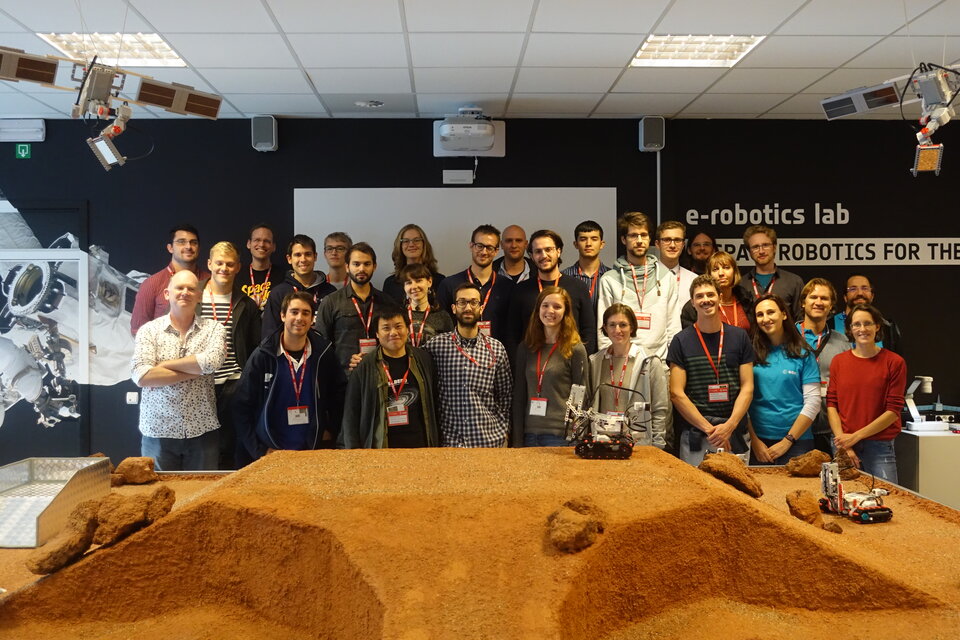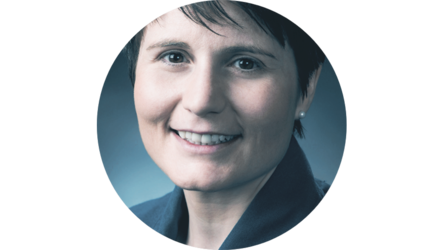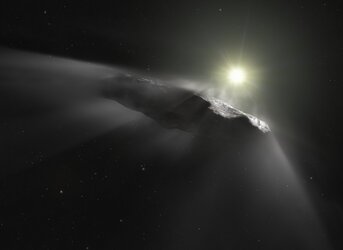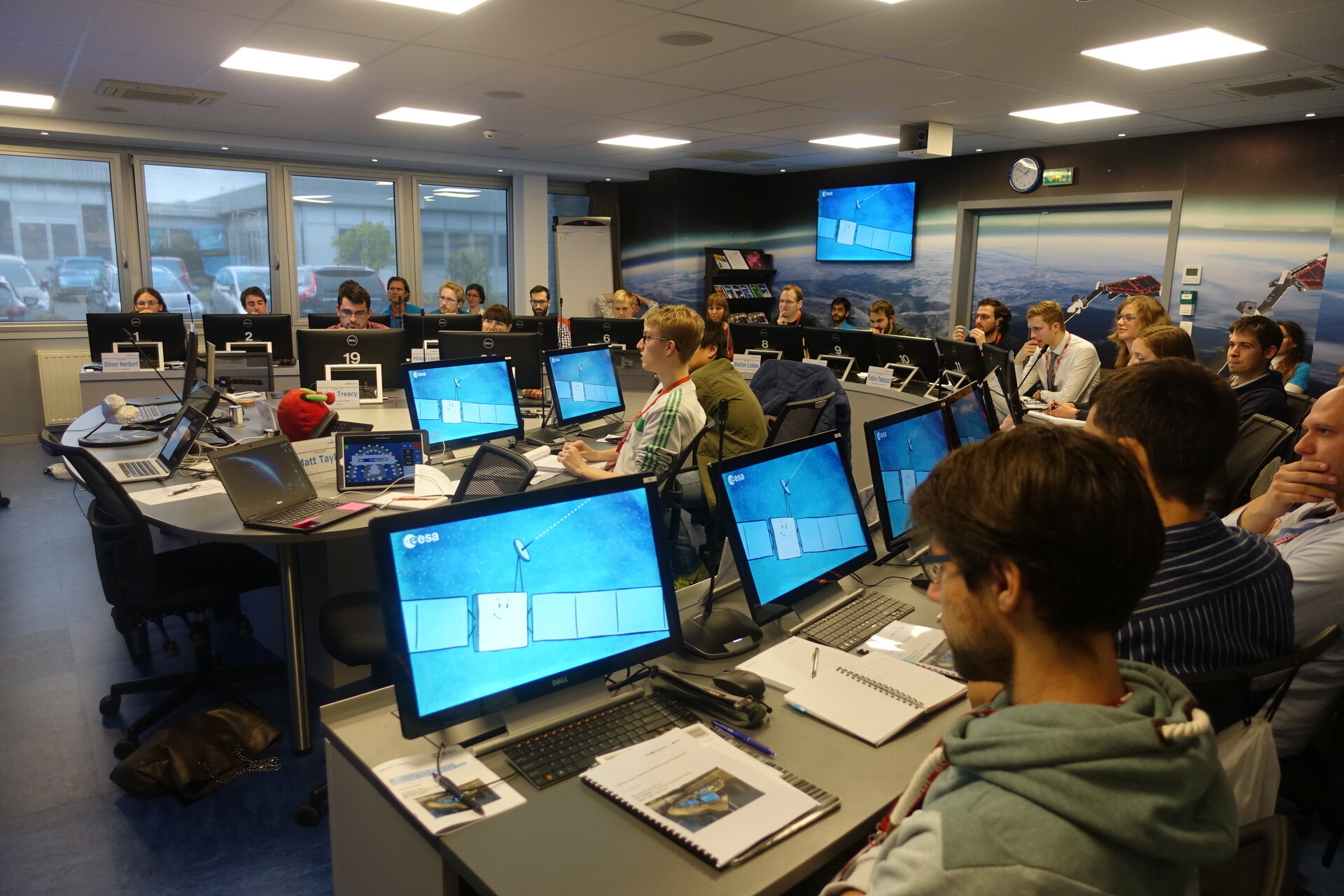Students learned about Rosetta’s science operations scheduling in new workshop
ESA’s Rosetta mission was a marvel of modern science, successfully orbiting a spacecraft around a comet, and even landing a probe on the surface! Although the mission has ended, its legacy lives on in many forms. One of these is the Rosetta Science Operations Scheduling Legacy Workshop.
22 university students from 9 different ESA Member and Associated States participated in this first-of-its-kind workshop. Running in early October 2017, it was hosted at ESA Academy’s Training and Learning Centre, ESEC, in Belgium. The workshop gave students the opportunity to learn about science operations scheduling, with the Rosetta mission as a real-life example.
They were tutored by seven experts, scientists and engineers from ESA and the Max Planck Institute for Solar System Research, who had been involved in the Rosetta mission. Among them were the Rosetta project scientist and spacecraft operations manager! A German student from the University of Wuppertal explains that, "The Rosetta Science Operations Scheduling Legacy Workshop was certainly the most important academic experience I could gather. One could really feel the passion of the ESA experts for their work. The presentations and the exercises workshop were extremely well prepared and gave a realistic impression about the Rosetta mission."

These experts presented a series of lectures and set group exercises using ESA’s Mapping and Planning of Payload Science (MAPPS) software. The students were split into small teams andsupported by experts who scheduled the Rosetta mission. Various scenarios were then proposed to the teams, such as Rosetta’s arrival at the comet, and searching for the Philae lander after its erratic landing. Students used the planning software to solve challenges based on these, and other, scenarios. In one instance, the students were tasked with scheduling the pictures that needed to be taken for Philae’s descent, and then searching through the actual Rosetta archive to find the images and analyse them! “It was a great experience to use the real planning tools of the mission and check the obtained results by browsing the image database.” said a Spanish student from the University of the Basque Country UPV/EHU.
The experts’ series of lectures supported this learning. They gave overviews of the Rosetta mission, as well as focussing down on specific aspects such as spacecraft design, the planning of science and mission operations, and the Philae lander. In the words of a British student from Loughborough University, “The content of lectures was really fascinating, and applied broadly to both science and engineering students well. The experts would often reveal their own interpretations of the mission, which led to interesting discussions.”
Throughout the workshop each team presented the results of the exercises and discuss them with the other students and experts allowing all students to be evaluated so that they could claim ECTS credit(s) from their respective universities. The students also enjoyed a guided tour of ESEC and the PROBA control and operations rooms.
An Italian student from the Politecnico di Torino found the workshop to be particularly worthwhile: “The experts did a great job in transmitting, with great passion, what they learnt while working on the Rosetta cornerstone mission, revealing to us the problems they had to face and how they solved them. I found the whole experience very inspiring and motivating. The organisation was excellent and I got the chance to meet some great people from all over Europe, all sharing the same passion for space exploration. "
- For more information about upcoming ESA Academy training sessions, please visit: http://www.esa.int/Education/ESA_Academy/Current_opportunities
- To contact ESA Academy, please e-mail: esa.academy@esa.int















 Germany
Germany
 Austria
Austria
 Belgium
Belgium
 Denmark
Denmark
 Spain
Spain
 Estonia
Estonia
 Finland
Finland
 France
France
 Greece
Greece
 Hungary
Hungary
 Ireland
Ireland
 Italy
Italy
 Luxembourg
Luxembourg
 Norway
Norway
 The Netherlands
The Netherlands
 Poland
Poland
 Portugal
Portugal
 Czechia
Czechia
 Romania
Romania
 United Kingdom
United Kingdom
 Slovenia
Slovenia
 Sweden
Sweden
 Switzerland
Switzerland


























